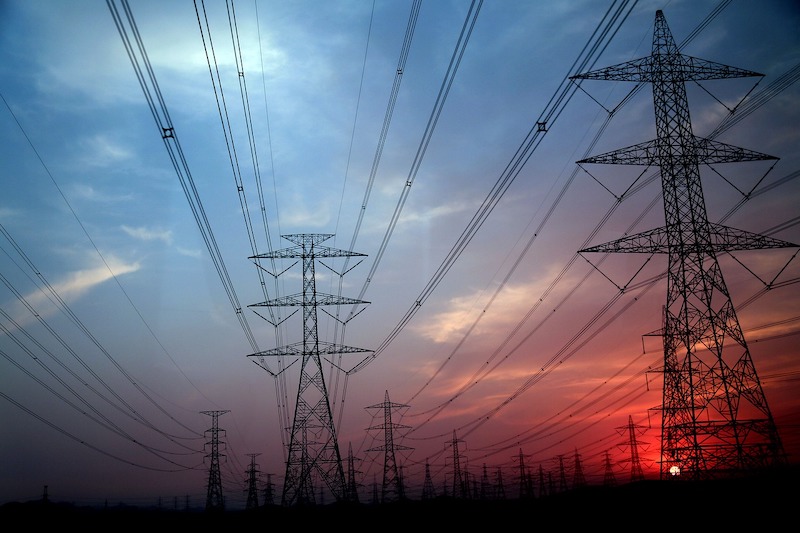The proposed 2021 International Energy Conservation Code (IECC) would be the most energy efficient code ever, but appeals may reduce the efficiency it promotes.
Several industry groups, including the National Association of Home Builders, the Leading Builders of America, the Air Conditioning, Heating, and Refrigeration Institute, the American Gas Association, and the American Public Gas Association, have appealed specific provisions of the proposed code. Among the code challenges are: electrification and electric vehicle readiness, water heating efficiency, and numerous other provisions.
“The sheer number of appeals is unprecedented—likely because the interest in a more efficient code is greater than ever before,” writes Lauren Urbanek, a Natural Resources Defense Council policy advocate. More than 20 efficiency proposals that were approved by the ICC process and that passed the governmental vote with a supermajority have been appealed.
ICC technical committees—which are dominated by industry representatives—had voted to reject the 20 proposals. But their recommendations were overturned by a two-thirds majority vote.
The final hearing was scheduled for September 14 to discuss the legitimacy of the vote. After hearings are completed, the full ICC Board of Directors was scheduled to weigh in on September 16.
Related Stories
| Apr 19, 2012
Michigan legislature tackling controversial rules on electricians
A fight is brewing in the Michigan legislature over how many fully qualified electricians must be present during electrical work when apprentices also are on hand.
| Apr 19, 2012
Washington city may base building code on rising sea level due to global warming
Aberdeen may become the first city in Washington to base a building code on rising oceans and global warming.
| Apr 19, 2012
CSI webinar on energy codes and building envelopes
This seminar will review recent changes in energy codes, examples of building enclosure wall assemblies for code compliance, potential moisture management and durability challenges, and design tools to assess and minimize potential problems.
| Apr 19, 2012
Innovative plan for storm water in Philadelphia gets EPA’s OK
Philadelphia's $2 billion plan to manage its storm water with green methods including porous pavement, green roofs, and more trees, was officially approved last week by the U.S. Environmental Protection Agency.
| Apr 19, 2012
LEED 2012 to include new credit category for transit-oriented development
The updated LEED 2012 system will introduce a new credit category, “Location and Transportation,” to encourage development oriented around public transit and more walkable communities.
| Apr 17, 2012
FMI report examines federal construction trends
Given the rapid transformations occurring in the federal construction sector, FMI examines the key forces accelerating these changes, as well as their effect on the industry.
| Apr 16, 2012
University of Michigan study seeks to create efficient building design
The result, the researchers say, could be technologies capable of cutting the carbon footprint created by the huge power demands buildings place on the nation’s electrical grid.
| Apr 13, 2012
Congress’s action doesn’t mean Pentagon can’t build LEED gold structures
Though Congress passed a defense budget preventing the Department of Defense from spending money to achieve LEED gold or platinum certification, the Pentagon may still end up constructing buildings to those standards.
| Apr 13, 2012
International Living Building Institute certifies first two Net Zero Energy buildings
A community building in Oregon and an office building in California are the first two projects to earn net-zero status under the International Living Building Institute’s Net Zero Energy Certification program.
















